
The relationship of the Trump dossier to the FISA surveillance warrants issued on at least one member of Donald Trump’s campaign (Carter Page) and one member of his transition team (Paul Manafort) has been the subject of much speculation. As early as April, CNN was reporting this to be the case. In his weekend column, National Review’s Andy McCarthy lays out a very plausible sequence of events on why this is not only possible but it is actually the best explanation for what happened. This is the summary.
But let’s cut to the chase: The Obama-era FBI and Justice Department had great faith in Steele because he had previously collaborated with the bureau on a big case. Plus, Steele was working on the Trump-Russia project with the wife of a top Obama Justice Department official, who was personally briefed by Steele. The upper ranks of the FBI and DOJ strongly preferred Trump’s opponent, Hillary Clinton, to the point of overlooking significant evidence of her felony misconduct, even as they turned up the heat on Trump. In sum, the FBI and DOJ were predisposed to believe the allegations in Steele’s dossier. Because of their confidence in Steele, because they were predisposed to believe his scandalous claims about Donald Trump, they made grossly inadequate efforts to verify his claims. Contrary to what I hoped would be the case, I’ve come to believe Steele’s claims were used to obtain FISA surveillance authority for an investigation of Trump.
There were layers of insulation between the Clinton campaign and Steele — the campaign and the Democratic party retained a law firm, which contracted with Fusion GPS, which in turn hired the former spy. At some point, though, perhaps early on, the FBI and DOJ learned that the dossier was actually a partisan opposition-research product. By then, they were dug in. No one, after all, would be any the wiser: Hillary would coast to victory, so Democrats would continue running the government; FISA materials are highly classified, so they’d be kept under wraps. Just as it had been with the Obama-era’s Fast and Furious and IRS scandals, any malfeasance would remain hidden.
Steele’s personal reputation is the cornerstone. Because the FBI was predisposed to believe Steele and his access and credibility, it resulted in the FBI doing only a cursory validation.
It appears, however, that the bureau corroborated few of Steele’s claims, and at an absurdly high level of generality — along the lines of: You tell me person A went to place X and committed a crime; I corroborate only that A went to X and blithely assume that because you were right about the travel, you must be right about the crime.
There are two other data points to consider here. First, Steele didn’t actually interview anyone. He paid intermediaries who in turn paid sources. There is no real evidence that the sources existed. The identification of many of the sources as current and former members of the KGB/FSB/SRV calls into question the degree to which Steele was, himself, played. Steele was also in contact with former colleagues in British intelligence and one can’t read the dossier without wondering if gossip he heard from them didn’t make its way into the dossier as a way to give the dossier authenticity. The single source that has been identified is not exactly what he was portrayed to be in the dossier.
The prior relationships of trust with the source; the investment in Clinton; the certitude that Clinton would win and deserved to win, signified by the mulish determination that she not be charged in the emails investigation; the sheer contempt for Trump. This concatenation led the FBI and DOJ to believe Steele — to want to believe his melodramatic account of Trump-Russia corruption. For the faithful, it was a story too good to check.
The DOJ and FBI, having dropped a criminal investigation that undeniably established Hillary Clinton’s national-security recklessness, managed simultaneously to convince themselves that Donald Trump was too much of a national-security risk to be president.
This latter part is where the behavior we’ve seen by DOJ officials Sally Yates and Bruce Ohr and by FBI officials Peter Strzok, Linda Page, Andrew McCabe and James Baker comes into play. Even if they did not set out to sabotage Trump’s campaign and help Hillary Clinton win, the net result was exactly the same as if they had. Their political biases gave them the reason they needed to refuse to do due diligence on the Trump dossier and to use it as a springboard for an investigation to scuttle Trump’s campaign or as an “insurance policy” in case he won.
McCarthy goes on to lay out a very convincing timeline of why the dossier not only could have been the evidence used for FISA surveillance but it nearly had to be. The most salient reason being that to bring FISA to bear on an American there has to be a credible allegation that the person is engaged in criminal activity. The dossier makes just such an allegation. And Carter Page is walking free even though he seemed to be very low-hanging fruit at the beginning of the investigation.
On the whole, it is the best unified-field theory of the dossier and the collusion bullsh** that I’ve encountered. Take the time to read it.
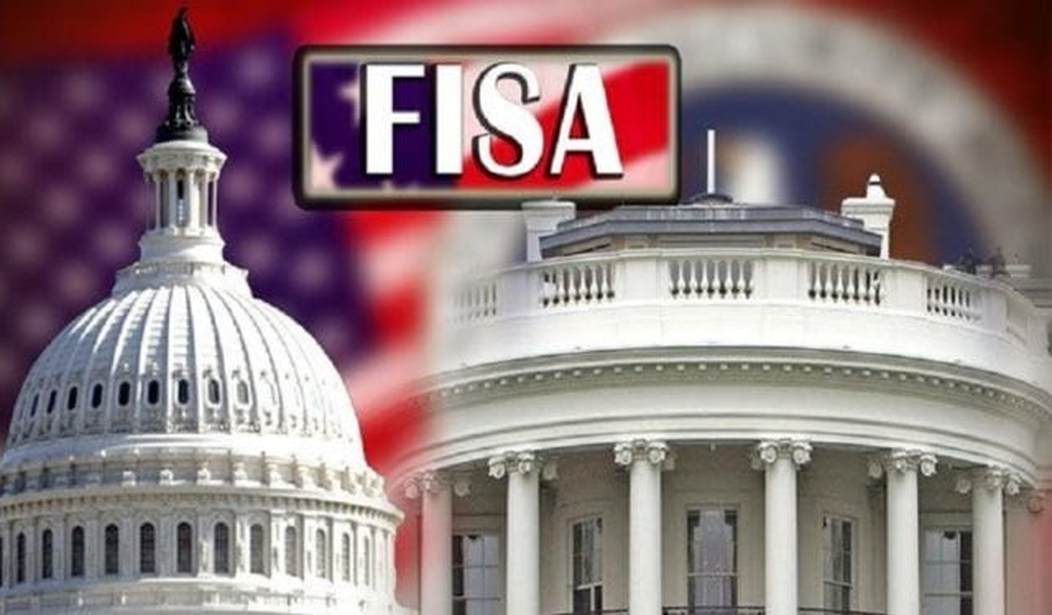








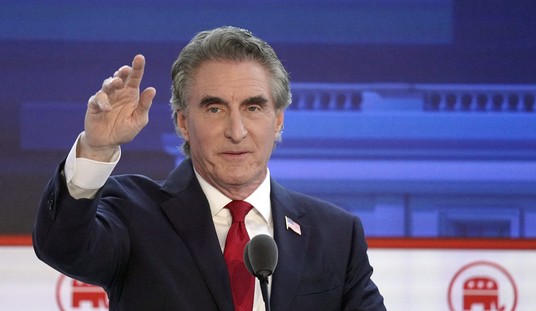
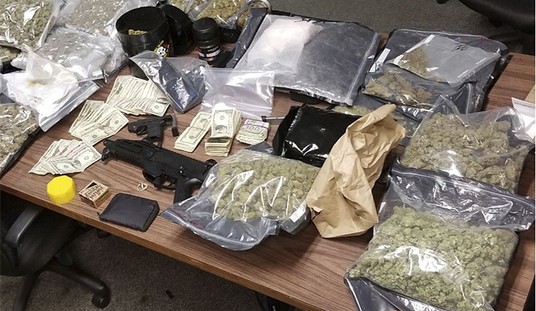
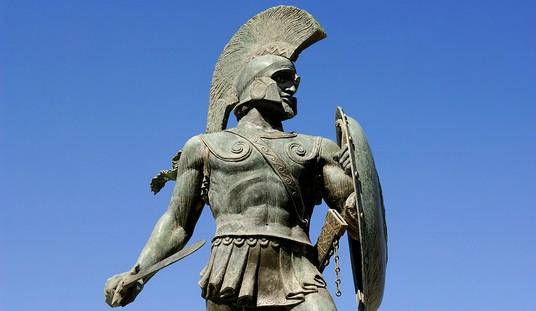
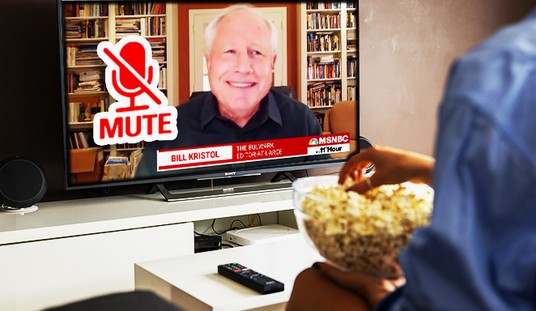
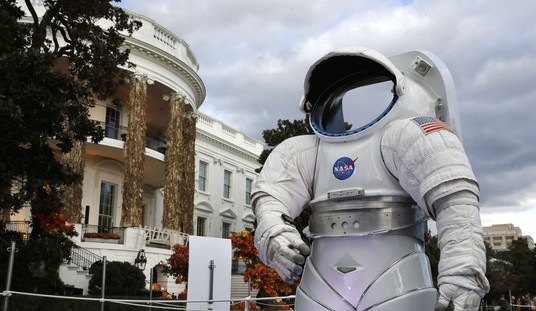
Join the conversation as a VIP Member